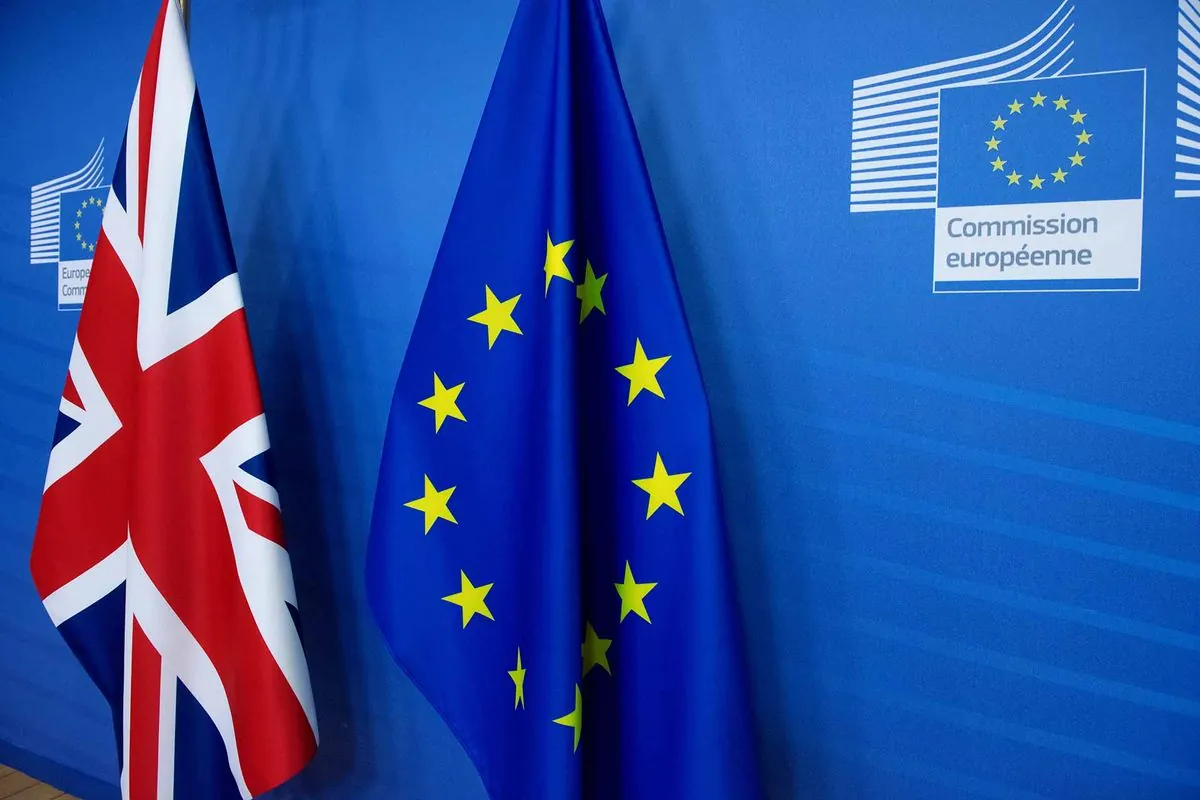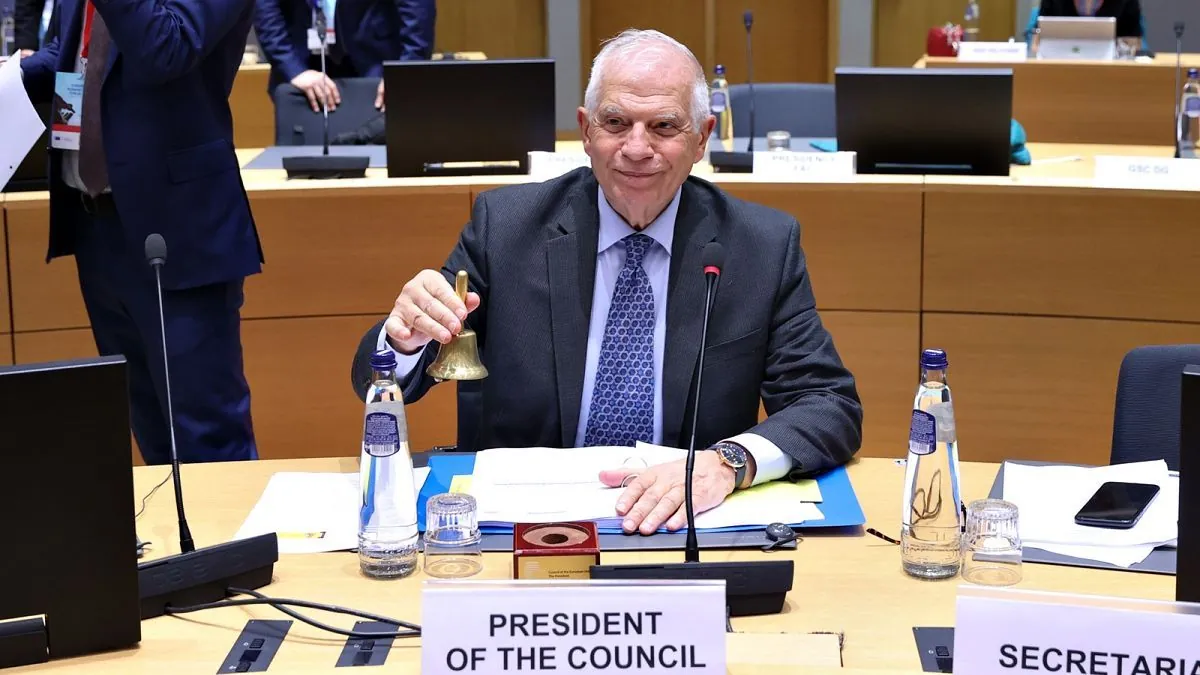Europe Shifts Stance on Extraterritorial Sanctions to Counter Russia
European allies adopt measures with extraterritorial effects to combat Russia's sanctions evasion. This policy shift marks a significant change in the EU and UK's approach to economic statecraft.

The landscape of economic sanctions is undergoing a significant transformation as European nations reassess their approach to countering Russia's evasion tactics. Historically, the United States has been the primary user of extraterritorial sanctions, a practice that has often strained transatlantic relations. However, recent developments indicate a shift in European policy, with the European Union and Britain quietly introducing measures that extend beyond their borders.
The United States has employed economic sanctions as a foreign policy tool since the War of 1812, with the practice becoming more sophisticated over time. The Office of Foreign Assets Control (OFAC), officially created in 1950, has played a crucial role in implementing and enforcing these sanctions. In contrast, the EU's first sanctions regime was established in the 1980s, marking a relatively recent adoption of this economic statecraft tool.
The current shift in European policy is largely driven by Russia's successful circumvention of Western sanctions imposed following its invasion of Ukraine in 2022. These sanctions, particularly export restrictions on military and dual-use technology, have proven insufficient in isolating Russia economically. As a result, European regulators are now focusing on a critical weakness in their export controls: Western companies' subsidiaries in third countries.
In response to this challenge, the EU has introduced a "no-Russia" clause, requiring EU companies to prohibit the reexport of critical goods to Russia when dealing with third-party business partners. This measure, part of the EU's 14th sanctions package since Russia's invasion, represents a significant departure from previous policies. The EU has also harmonized rules for punishing sanctions violations across member states, introducing stricter penalties and higher fines.

Britain has similarly broadened its Russia sanctions regime, granting the government authority to target foreign financial institutions that facilitate transactions involving Russian strategic sectors. This move allows London to potentially block entities from using the British pound, leveraging the UK's central role in global financial markets.
"We must reject unlawful extraterritorial sanctions imposed by the United States."
Interestingly, this statement from 2019 contrasts sharply with the EU's current trajectory, highlighting the significant policy shift that has occurred in just five years. The evolving stance on extraterritorial sanctions carries substantial implications for international relations and global business.
The United Nations sanctions regime, established after World War II, has faced challenges due to paralysis in the Security Council. This breakdown has led more countries to resort to unilateral or multilateral sanctions outside the UN framework. The increasing use of secondary sanctions adds further complexity to an already fragmented international sanctions landscape.
While the EU and Britain's moves towards extraterritorial sanctions may seem to align them more closely with Washington, forming coalitions around these types of sanctions remains challenging. National interests often clash, as demonstrated by Germany's opposition to stricter measures to protect its corporate interests. Different legal systems and varying approaches to extraterritoriality also complicate coordination efforts.
For multinational corporations, these developments introduce new layers of complexity in compliance. The International Emergency Economic Powers Act, a key US sanctions law enacted in 1977, has long been a consideration for global businesses. Now, with the EU and UK introducing their own extraterritorial measures, companies face an increasing burden of due diligence when managing subsidiaries in third countries.
The success of these new measures will largely depend on active enforcement and proactive implementation by the private sector. Compared to the United States' aggressive enforcement posture, EU member states have historically been slower to impose penalties for sanctions violations. To address this, EU regulators could benefit from emulating recent policy changes in Washington and London.
The US Commerce Department's creation of a chief of corporate enforcement position and its encouragement of voluntary self-disclosure by companies represent innovative approaches to sanctions enforcement. Similarly, Britain's launch of the Office of Trade Sanctions Implementation in October 2024 signals a more proactive approach to enforcement.
As the cat-and-mouse game of sanctions evasion continues, regulators face the ongoing challenge of staying ahead. The gradual shift towards holding companies liable for the end use of their goods represents a new strategy in this complex economic battlefield. While challenges remain, this evolving approach may prove more effective in countering sanctions evasion and shaping global economic behavior.


































